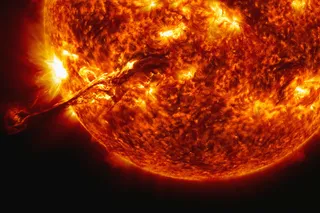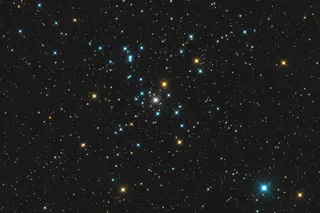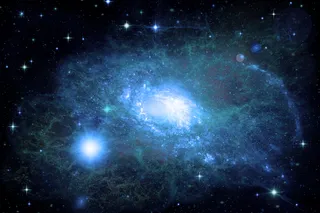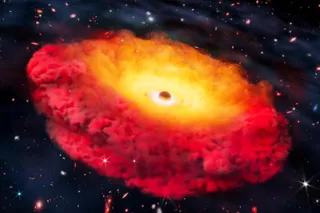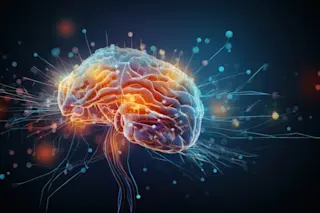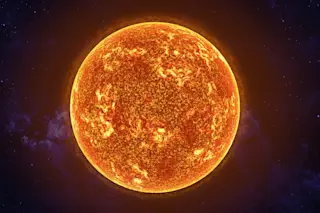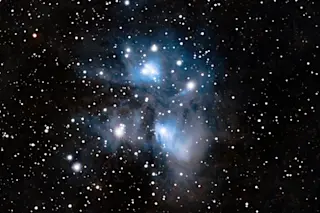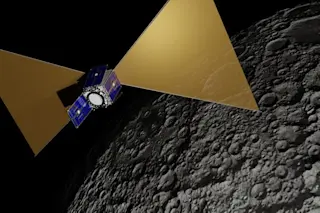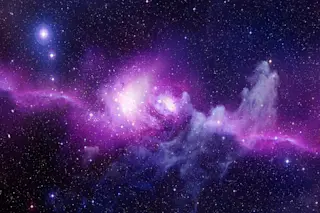Physicists in Washington State and Louisiana recently spent two years hunting for the mysterious gravitational waves first predicted by Einstein, but detected nothing: zilch, zero, nada, nary a ripple. But that "null result" is itself of great value, researchers say, because it tells them where to look for the waves next. The findings are a nice reminder that scientific progress isn't always about the dramatic discovery; it's often a long, careful process of testing hypotheses, analyzing results, and heading back to the drawing board. Einstein's theory of general relativity states that
every time mass accelerates — even when you rise up out of your chair — the curvature of space-time changes, and ripples are produced. However, the gravitational waves produced by one person are so small as to be negligible. The waves produced by large masses, though, such as the collision of two black holes or a large supernova explosion, ...




